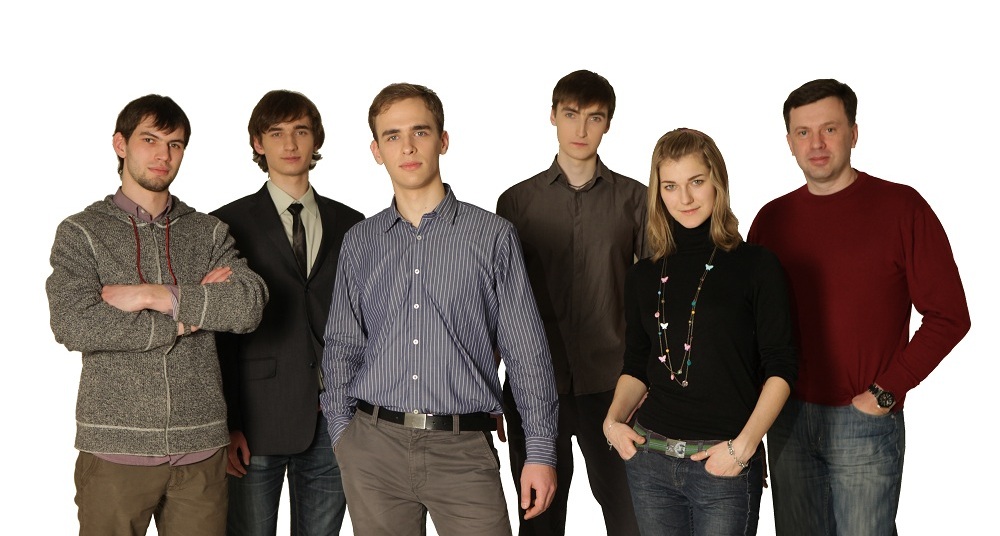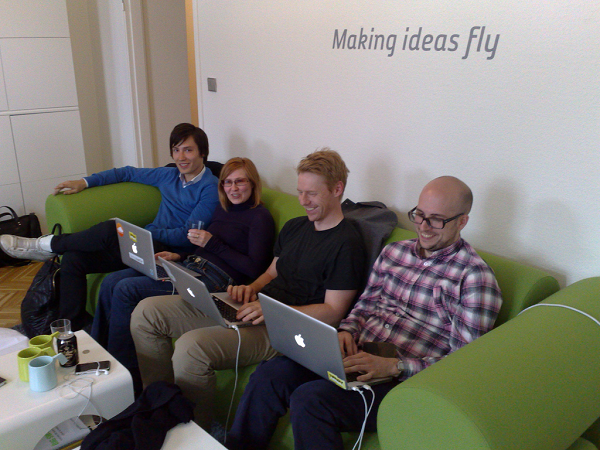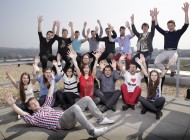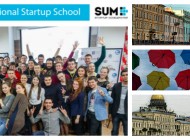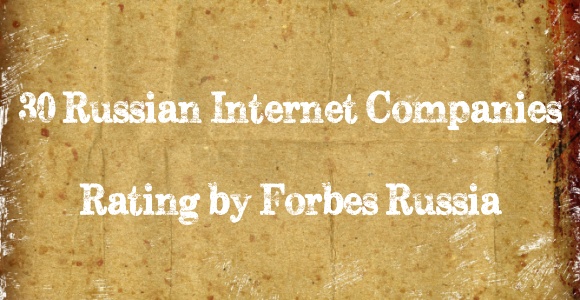His tone, during our telephone interview, is relaxed, yet Konstantin Kulikov has his hands full. Since the creation of a business incubator at the Bauman Moscow State Technical University in June 2011, he has been working with 18 start-ups to “package” their ideas into viable businesses. The teams of entrepreneurs are made up of recent graduates, full of practical ideas ranging from new water purification technologies to a compact city car.
“We develop business concepts and realistic business models, we help build project teams and prepare our start-ups for the fund-raising stage,” comments Kulikov, referring to Venture Expert, his company’s involvement in the business incubator. “We are also looking for new projects to join the incubator in autumn this year”.
Funded by the government-owned Russian Venture Company, the business incubator has already identified attractive investment opportunities. One of them, according to Kulikov, is Maxygen, a design for a portable DNA testing unit that would allow general physicians to test patients for infectious diseases at the point of care. Another one is Genotek, a genetic test service, which checks for couples’ genetic compatibility for conceiving children and detects genetic predispositions to illnesses.
Artem Elmuratov, Genotek’s general manager, is convinced that the incubator was very helpful for his start-up. “We found a manufacturing partner and completed the formation of our management team. Also, with Konstantin’s help, we pitched our business plan to potential investors and have already received a positive response,” he says. The company expects to launch its genetic test service by the end of August.
Kulikov’s work is challenging, but far from unique. As Eastern Europe is experiencing a strong growth and a rebirth in innovation, business ideas abound. According to the Spica database, over 300 business incubators and technology parks have sprung up across Eastern European countries with the aim of supporting fledgling businesses. Poland, Russia and the Czech Republic lead the table, having established 82, 57 and 28 business incubators and science parks respectively.
Another example, in the Czech Republic, is Prague’s privately-owned TechSquare; a business accelerator founded by Petra Hubacova and Nikola Rafaj. Having previously run Tuesday Business Network and TEDx events, the founders realised that, once materialised, entrepreneurial ideas require office space, a PR manager and an accountant – not to mention access to financing.
The purpose of TechSquare is to allow entrepreneurs to concentrate on their products, connect them to the right people and accelerate their growth. “We provide an office assistant and an high-end printer and we make sure that the coffee supply does not run out. We also network with investors and take care of the entrepreneurs’ bookkeeping,” says Hubacova, “since we have potential investors Credo Ventures based here as well”. “We want our residents to be able to make productive use of their time,” she adds.
Since its launch, in April 2011, a few tenants have already moved in. Two of them, Onmeco and eMan develop applications for mobile devices. Another, Atollon, provides cloud-based applications for SMEs, whilst creatively named Lonely Sock develops social mobile games for Android.
Czech businesses who have already become internationally successful include AVG and AVAST, both security software companies. TechSquare is on its way to uncover new gems and is looking for technology and software firms with funding potential.
The revenue streams of business incubators vary. Some, like the Venture Expert incubator, get paid once the start-up is funded. They also receive share capital in their start-up companies. Others, such as the privately-owned TechSquare, provide support services on a payment basis. Whether driven by the government or the private sector, one thing is clear: Eastern Europe has innovation firmly in its grip.




